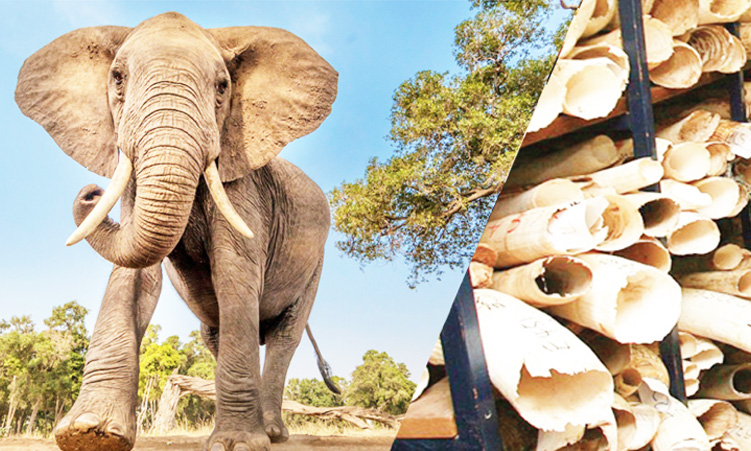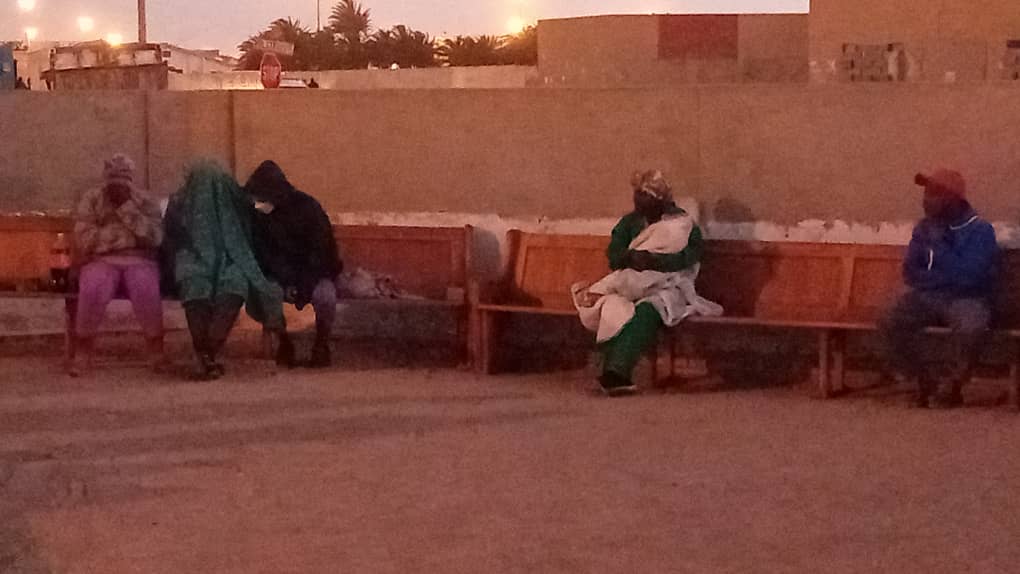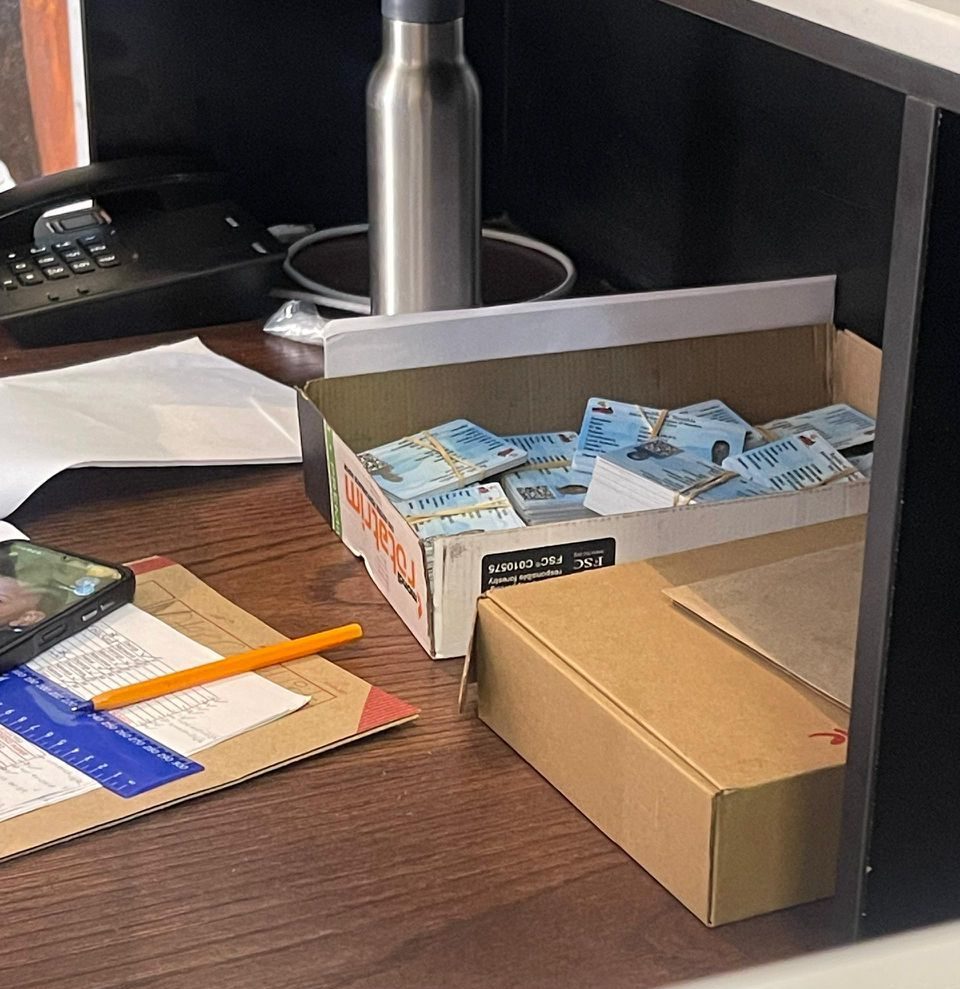A proposed bill in the United Kingdom (UK) oversimplifies the complex issues surrounding wildlife conservation and poaching.
This is according to Namibia Professional Hunting Association (Napha) vice ombudsman Danene van der Westhuizen who says the anti-hunting movement treats regulated hunting and illegal poaching as the same thing.
The bill seeks to ban the importation of hunting trophies from lions, elephants and other animals.
“The anti-hunting community likes to deceive the world and blames the decline in African wildlife numbers seen in other countries on hunting, but refuses to distinguish between legal hunting and poaching,” van der Westhuizen says.
Speaking to The Namibian yesterday, van der Westhuizen said trophy hunting contributes in essential ways, such as in the prevention of land conversion, anti-poaching funding, local employment and meat provision for communities.
“The anti-hunting proponents don’t seem to want to understand that the real Armageddon for wildlife in Africa is the population explosion and the concurrent loss of wildlife habitat,” van der Westhuizen said.
By participating in sustainable hunting practices, van der Westhuizen said they reinforce a balanced coexistence with the environment and honour an approach to life that harmonises adventure, purpose and conservation.
In 2022, the government said Namibia’s wildlife population generates 13.6 million euros (about N$260 million) in annual hunting revenue and employs more than 6 000 people in rural areas.

“Nevertheless, we are faced with international bans on trophy imports, airline bans and charges on transporting hunting rifles and trophies, extreme social media uproar and aggressive anti-hunting campaigns to the extent of identifying hunters and sending them insulting hate mail and even death threats,” Van der Westhuizen said.
She said Namibia is a country that still offers wide open spaces and habitats for all species to roam freely. “But more importantly, it has proven beyond any doubt its conservation efforts and success for all game species through responsible hunting,” Van der Westhuizen said.
She further said presenting baseless assertions as truth is not only immoral and unethical, it also undermines the stability of our democratic society.
“We operate responsibly and within the framework of the law, within the ethics of our profession and our code of conduct, and with the aim to protect wildlife and its habitat from modern society,” she said.
Last week, a letter co-signed by the High Commissioners of Botswana, Namibia, South Africa, Tanzania, Zambia and Zimbabwe was submitted to the UK’s department for environment, food and rural affairs.
The letter emphasises the southern African countries’ unified stance against this proposed ban, highlighting the disregard for African sovereignty and effective conservation strategies.
Resource Africa’s recent poll reveals a substantial knowledge gap among UK citizens, with 75% mistakenly believing that trophy hunting endangered species. According to the poll, 83% would support a ban even if it negatively impacted the livelihoods of rural African communities.
“There seems to be a profound disconnect between public perception in the UK and the realities faced by African communities.
The policies being shaped by this misinformed support of a ban threaten the hard-won conservation successes across Africa,” says Resource Africa programmes director Shylock Muyengwa.
Stay informed with The Namibian – your source for credible journalism. Get in-depth reporting and opinions for
only N$85 a month. Invest in journalism, invest in democracy –
Subscribe Now!






